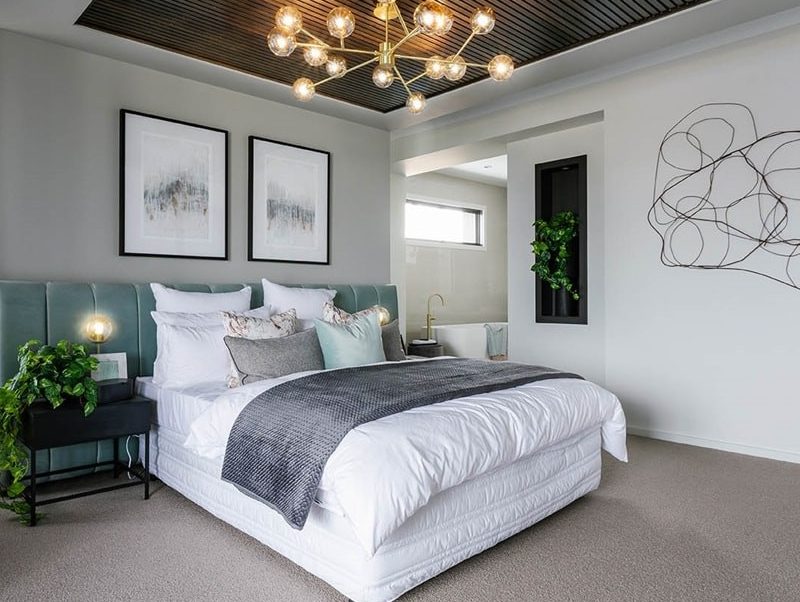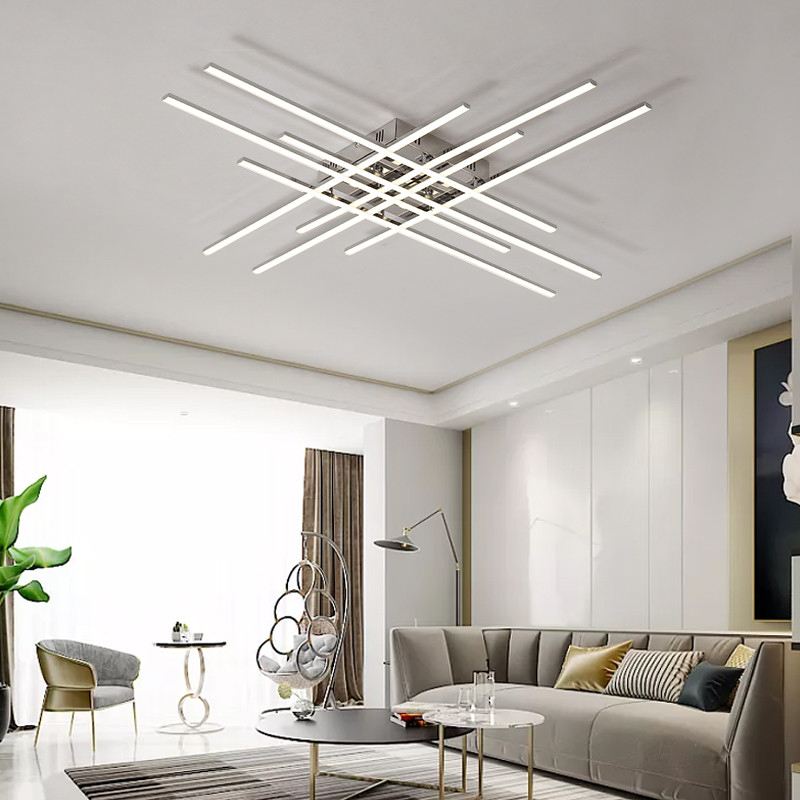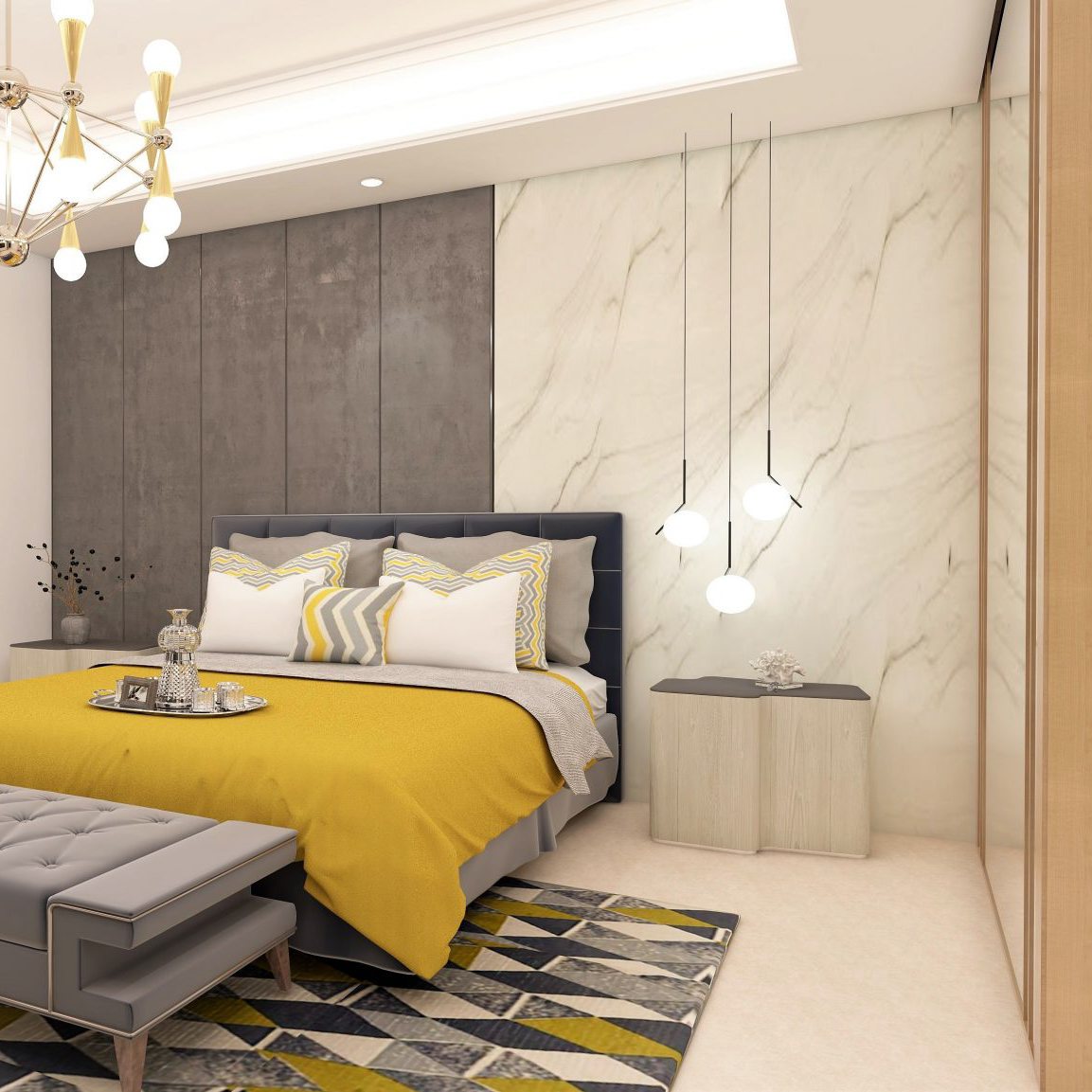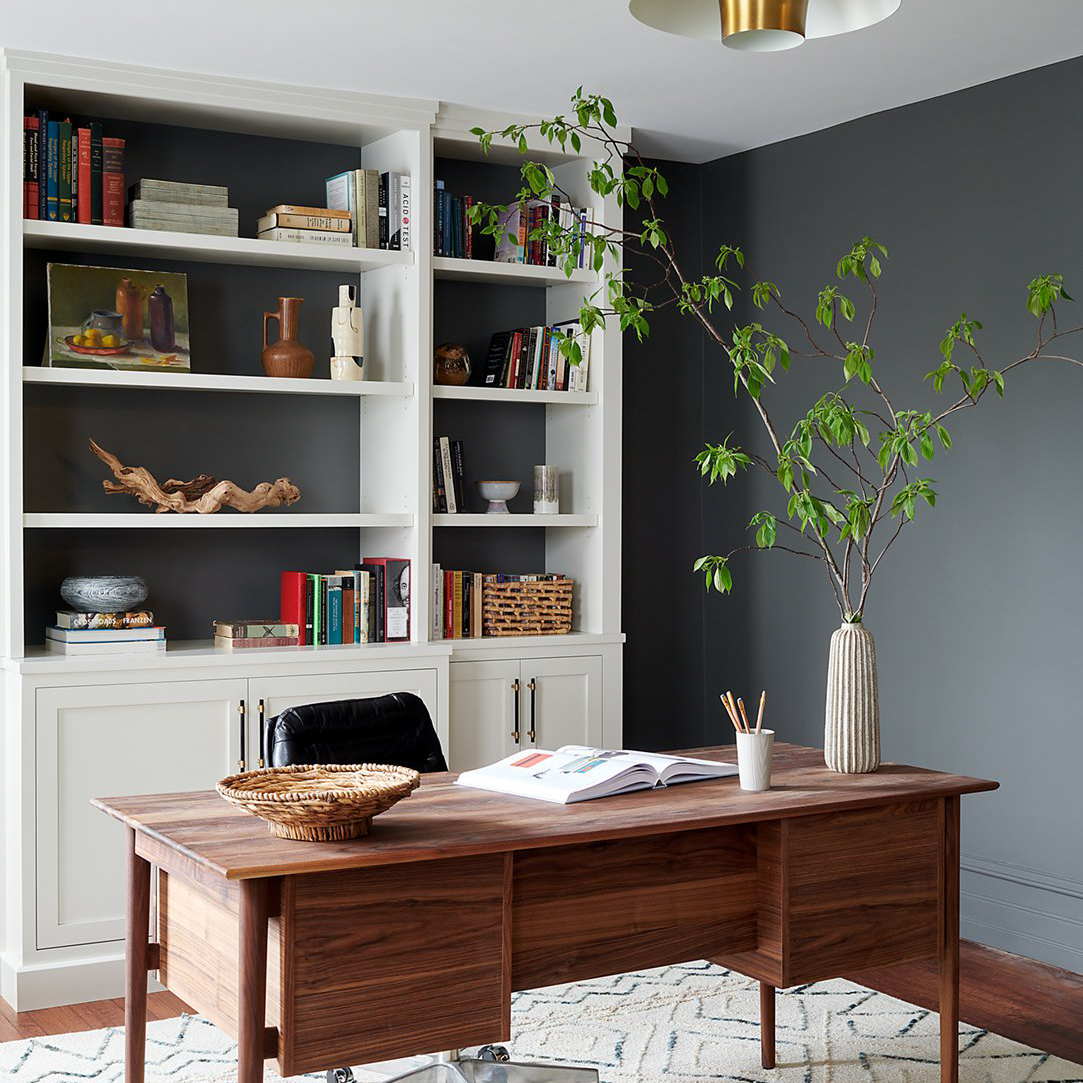Introduction
Scandinavian design has been popular for decades, known for its simplicity, functionality, and minimalism. However, in recent years, a new trend has emerged: contemporary Scandi style. This modern take on Nordic design embraces the traditional characteristics of Scandinavian design while incorporating new elements that appeal to today’s aesthetics. This article will explore the key features of contemporary Scandi style and how it differs from traditional Nordic design.
The Characteristics of Traditional Scandinavian Design
Before diving into contemporary Scandi style, it’s essential to understand the principles that have guided Nordic design for generations. Traditional Scandinavian design is influenced by the region’s natural landscapes, the harsh climate, and the local materials available. This design philosophy focuses on creating objects that are functional, durable, and simple. Other core characteristics of Scandinavian design include:
Simplicity
Scandinavian design is known for its minimalistic approach. Designers aim to reduce objects to their bare essentials, stripping down unnecessary details, and creating a timeless aesthetic.
Functionality
Nordic design is rooted in the idea that form follows function. Objects are designed with a purpose in mind, making them practical and easy to use.
Natural Materials
Scandi designers often use natural materials like wood, leather, wool, and stone to create objects that fit seamlessly into nature.
Light Colors
The Nordic climate is often dark and gloomy, so Scandinavian design features light, bright colors that bring a sense of cheer and lightness to a space.
The Elements of Contemporary Scandi Style
While traditional Scandinavian design has long been popular, contemporary Scandi style adds new elements to the mix, creating a fresh take on Nordic design. Here are some common features of contemporary Scandi style:
Soft Curves
Unlike the sharp lines and angles of traditional Scandinavian design, contemporary Scandi style embraces soft curves in furniture and decor. This creates a more inviting and cozy vibe.
Neutral Tones
While traditional Nordic design favors light and bright colors, contemporary Scandi style often uses neutral tones like beige and gray, creating a soothing and calming atmosphere.
Textural Elements
Contemporary Scandi design often features tactile elements like chunky knit blankets or woven rugs, adding warmth and a sense of comfort to a space.
Graphic Prints
While traditional Nordic design tends to be minimalistic, contemporary Scandi style often incorporates bold, graphic prints to add interest and visual depth to a space.
How to Incorporate Contemporary Scandi Style into Your Home
If you’re looking to bring a touch of contemporary Scandi style into your home, here are some tips:
Invest in Quality Pieces
Scandinavian design is built to last, so make sure to invest in high-quality pieces that will stand the test of time.
Keep it Simple
Contemporary Scandi style is all about simplicity, so avoid clutter and unnecessary details.
Mix Textures and Prints
Contemporary Scandi style embraces a variety of textures and graphic prints, so don’t be afraid to mix and match.
Use Natural Materials
Scandinavian design is all about connecting with nature, so incorporate natural materials like wood, leather, and wool into your space.




